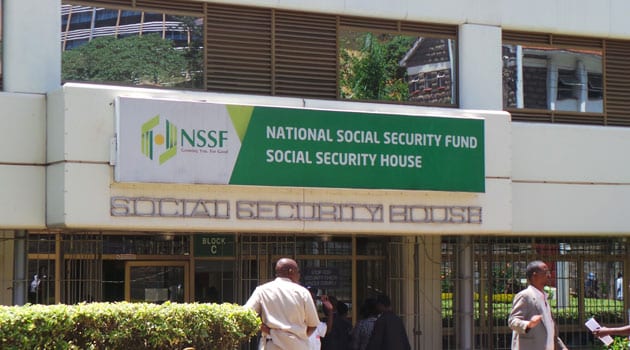The impending enactment of the new National Social Security Fund (NSSF) contributions has left employers in a state of uncertainty, lacking clarity regarding the forthcoming deduction levels.
The year 2023 witnessed the Court of Appeal granting the government approval to enforce a new law that augmented NSSF contributions. The law mandates incremental adjustments to the deductions over the initial five years.
Former NSSF Chief Executive Officer, David Mwangangi, conveyed in a letter to employers in February of the preceding year: “After the first year, the lower earnings limit shall be the amount gazetted by the Cabinet Secretary Ministry of Labour, Social Security and Services annually as the average statutory minimum monthly basic wage for the year.” This statement pertained to the contribution payment guidelines under the newly implemented law.
The government initiated the implementation of the National Social Security Fund Act, 2013 Act in February of the prior year, elevating compulsory pension contributions from a fixed KES 200 per employee with an equivalent employer contribution.
RELATEDPOSTS
Setting the lower and upper earnings limits at a monthly salary of KES 6,000 and KES 18,000 respectively, resulted in employees earning KES 6,000 contributing KES 360, while those earning KES 18,000 and above contributed KES 1,080.
Monthly matching contributions by both employees and employers surged from the existing KES 400 to 12 percent of a worker’s monthly pensionable income (6 percent from the employee and 6 percent from the employer – both contributing an equal amount), with a maximum contribution of KES 2,160 for workers earning more than KES 18,000 per month.
President William Ruto has expressed a keen interest in bolstering NSSF contributions, revealing last month that the objective is to elevate them to KES 1 trillion by 2027. “The fund will raise an additional KES 400 billion in the next five years,” he announced during last year’s Jamhuri Day celebrations.
















